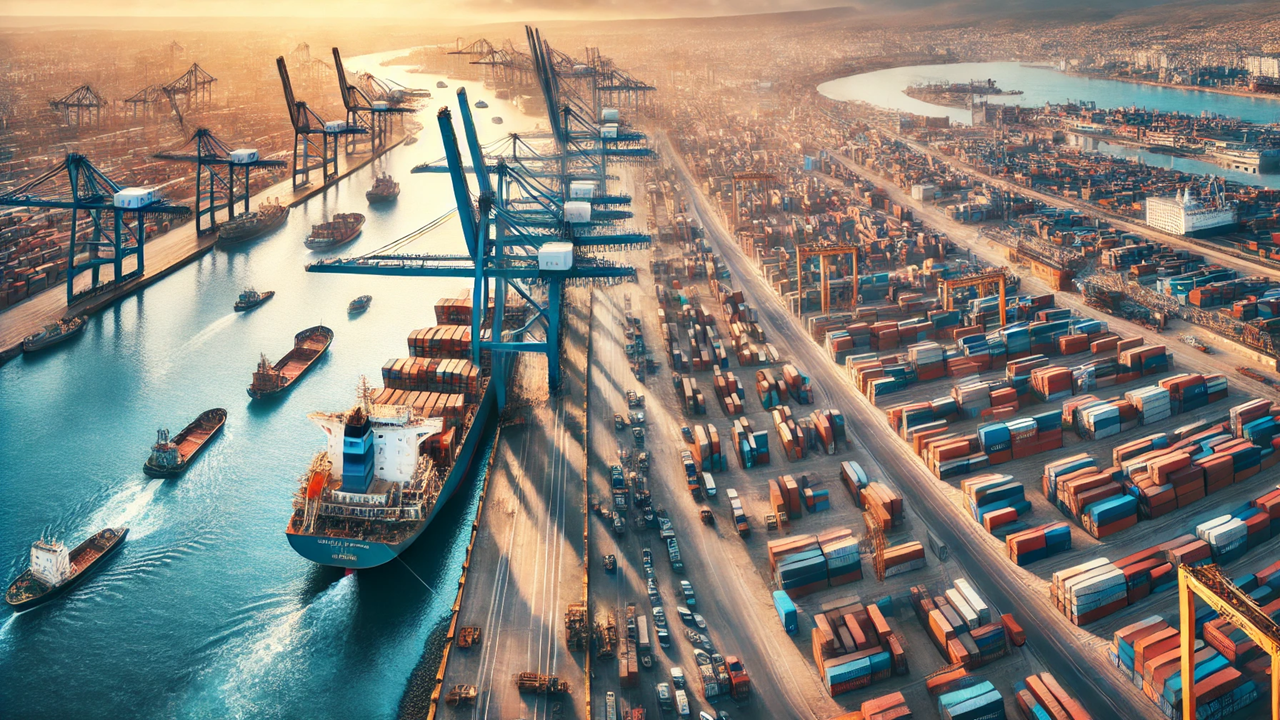NZ Ratifies Upgraded ASEAN-Australia-New Zealand Free Trade Agreement
Enhanced trade agreement to boost exports, remove barriers, and strengthen economic ties with Southeast Asia.

- Country:
- New Zealand
Trade Minister Todd McClay announced today that New Zealand has ratified the upgraded ASEAN-Australia-New Zealand Free Trade Area (AANZFTA) agreement, further solidifying economic ties with Southeast Asia and creating new opportunities for exporters.
The Association of Southeast Asian Nations (ASEAN)—which includes Brunei Darussalam, Cambodia, Indonesia, Lao PDR, Malaysia, Myanmar, the Philippines, Singapore, Thailand, and Vietnam—remains a critical trading partner for New Zealand, ranking as its fourth-largest in two-way trade.
“Trade into Southeast Asia has more than doubled since AANZFTA first came into effect in 2010, now exceeding $9 billion annually. This upgrade will future-proof our trade relationships and help us achieve our ambitious goal of doubling exports by value within the next 10 years,” said McClay.
The upgrade to the agreement focuses on:
Reducing Trade Barriers: Simplifying regulations and creating more streamlined processes for goods to cross borders.
Improving Trade in Services: Enhancing conditions for New Zealand businesses offering services such as education, tourism, health, and financial services.
Boosting E-Commerce: Supporting modern digital trade by improving frameworks for online businesses and transactions, ensuring greater efficiency and security.
ASEAN: A Growing Market
ASEAN is home to over 680 million people and represents some of the fastest-growing economies in the world. These markets offer significant opportunities for New Zealand’s exporters, particularly in sectors such as dairy, meat, forestry, technology, education, and e-commerce.
“ASEAN’s growing middle class and appetite for high-quality goods and services make it a strategic region for New Zealand,” McClay said. “By addressing trade barriers and modernising our trading frameworks, this upgrade will enable our exporters to compete more effectively in these dynamic markets.”
Modernizing Trade Rules
The upgraded AANZFTA introduces improvements that address modern trade challenges, including:
Customs and Trade Facilitation: Reducing delays through more efficient border procedures.
Investment Protections: Enhancing investor confidence by introducing clearer and stronger investment frameworks.
Intellectual Property Protections: Ensuring businesses have safeguards for innovations and creative works.
Sustainability Provisions: Supporting trade policies that align with environmental and social priorities.
Entry into Force
The upgraded agreement will officially enter into force once ratification processes are completed by New Zealand, Australia, and four ASEAN member states.
Supporting New Zealand’s Trade Goals
The agreement aligns with the Government’s broader economic strategy to increase New Zealand’s export value and diversify trade partnerships, reducing reliance on a limited number of markets.
“This upgraded agreement ensures our exporters can access Southeast Asia’s rapidly growing economies on fair and competitive terms,” McClay added. “It reflects our ongoing commitment to building strong and enduring trade partnerships across the Indo-Pacific region.”
Looking Ahead
With trade already exceeding $9 billion annually, the upgraded AANZFTA positions New Zealand to deepen economic integration with ASEAN, unlock new opportunities for exporters, and drive economic growth.
“This is a win for New Zealand businesses, workers, and our economy as a whole,” McClay concluded. “We look forward to seeing the benefits of this modernised agreement flow to our exporters and communities.”
The upgraded agreement signals a critical step in strengthening New Zealand’s trade relationships as global demand for high-quality, sustainable goods and services continues to grow.
- READ MORE ON:
- Free Trade Agreement
- Todd McClay










